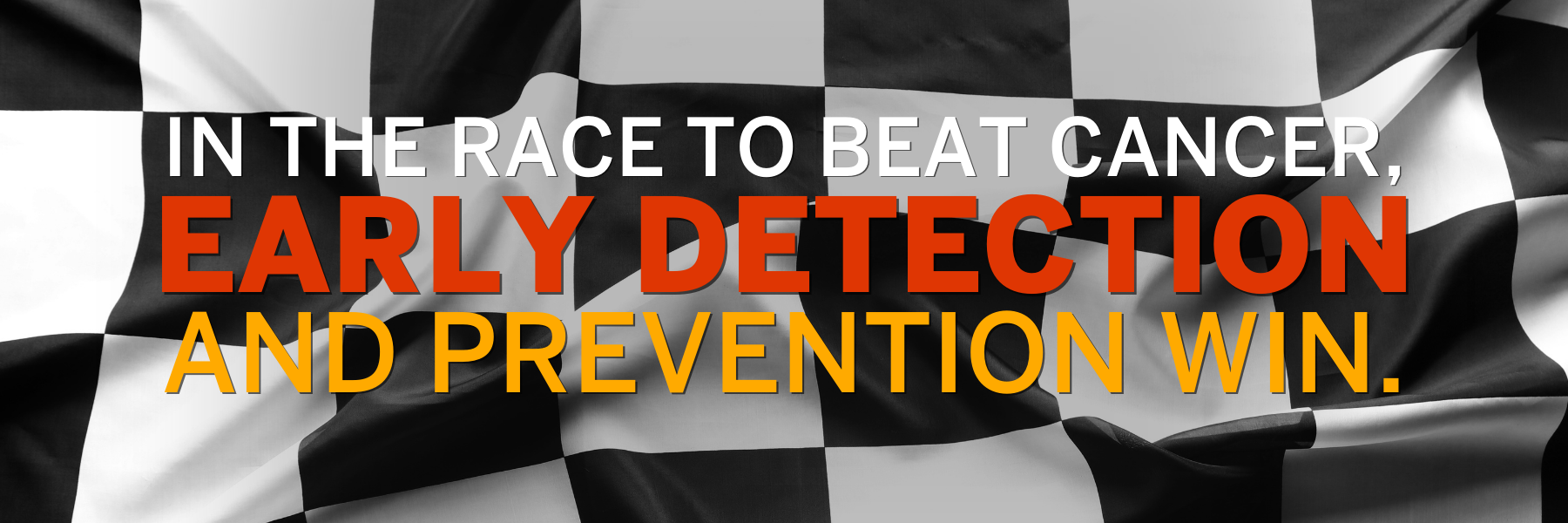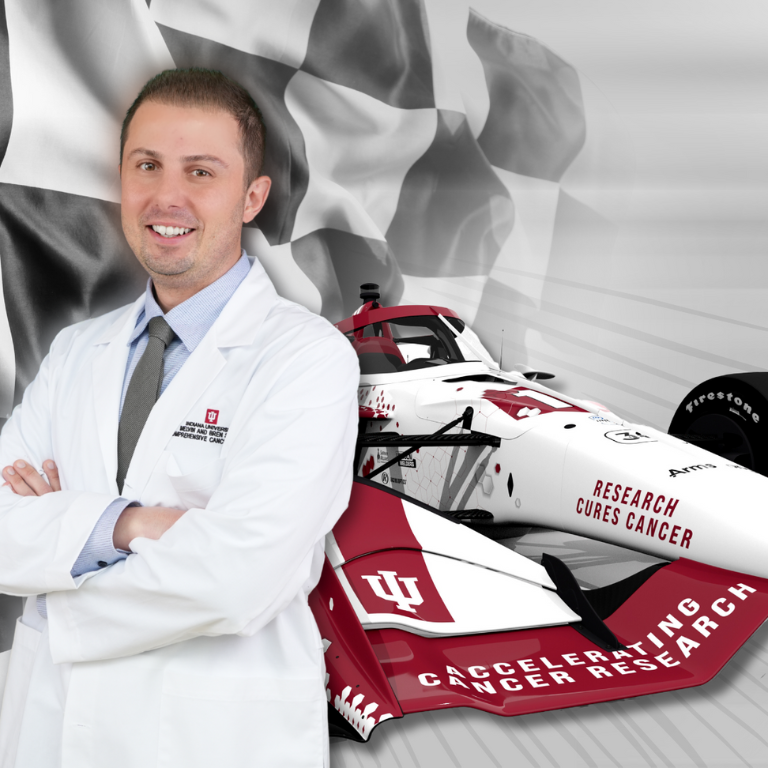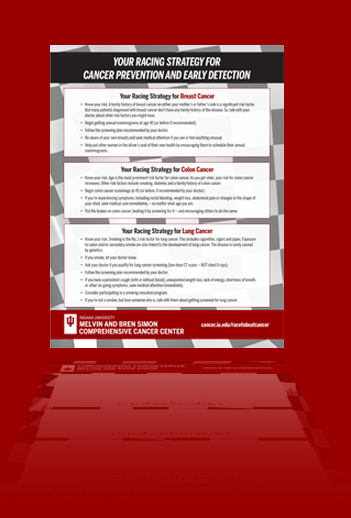Testicular Cancer: A (Mostly) Young Man’s Disease
Of the many things young men enjoy talking about, testicular cancer isn’t one of them.
It’s embarrassing. (Maybe.)
Only older guys need to worry about it. (Nope.)
Talking about stuff like that is a buzzkill. (NOT talking about it can actually kill you.)
Testicular cancer — primarily a young man’s disease — is the most common type of cancer to occur in males 15 to 35 years old.
Although testicular cancer is rare, occurring in less than one percent of males in the United States each year, this doesn’t matter if you or someone you love is diagnosed with the disease. But if caught early, testicular cancer has a cure rate of almost 100 percent. This is why talking about it is so important.
When young men either dismiss their symptoms or are hesitant to ask their doctor about any change in their testicles, the window for a cure closes quickly. Waiting even a month after symptoms are detected can drastically reduce the possibility of successful treatment.
But that’s not you. No way. You’ve earned the pole position in this race. Because by increasing your awareness about testicular cancer, you move into the winner’s circle by:
Being aware of what the symptoms are.
Being vigilant about self-exams.
Being quick to ask your doctor if there's anything that doesn't feel normal.







